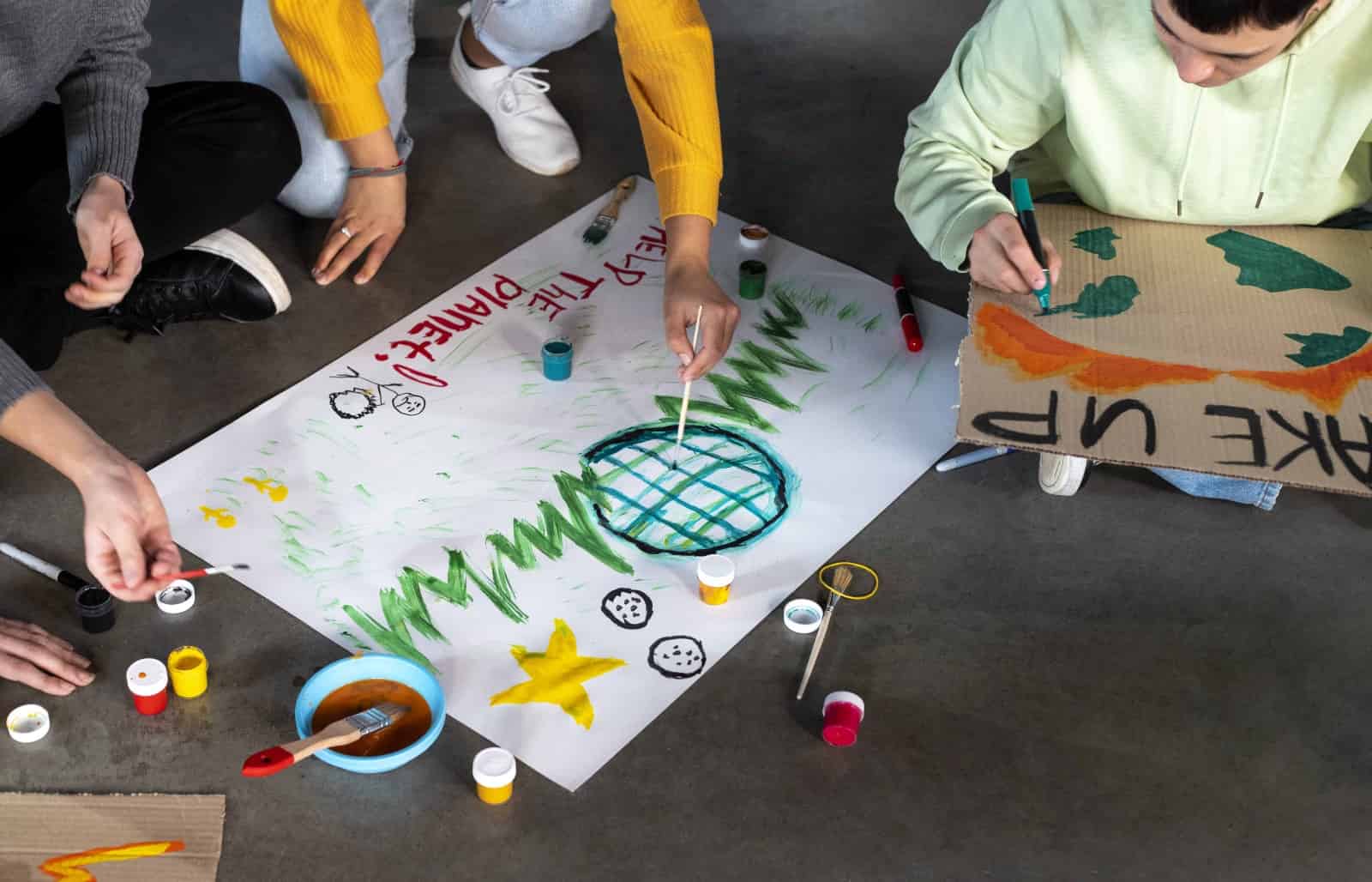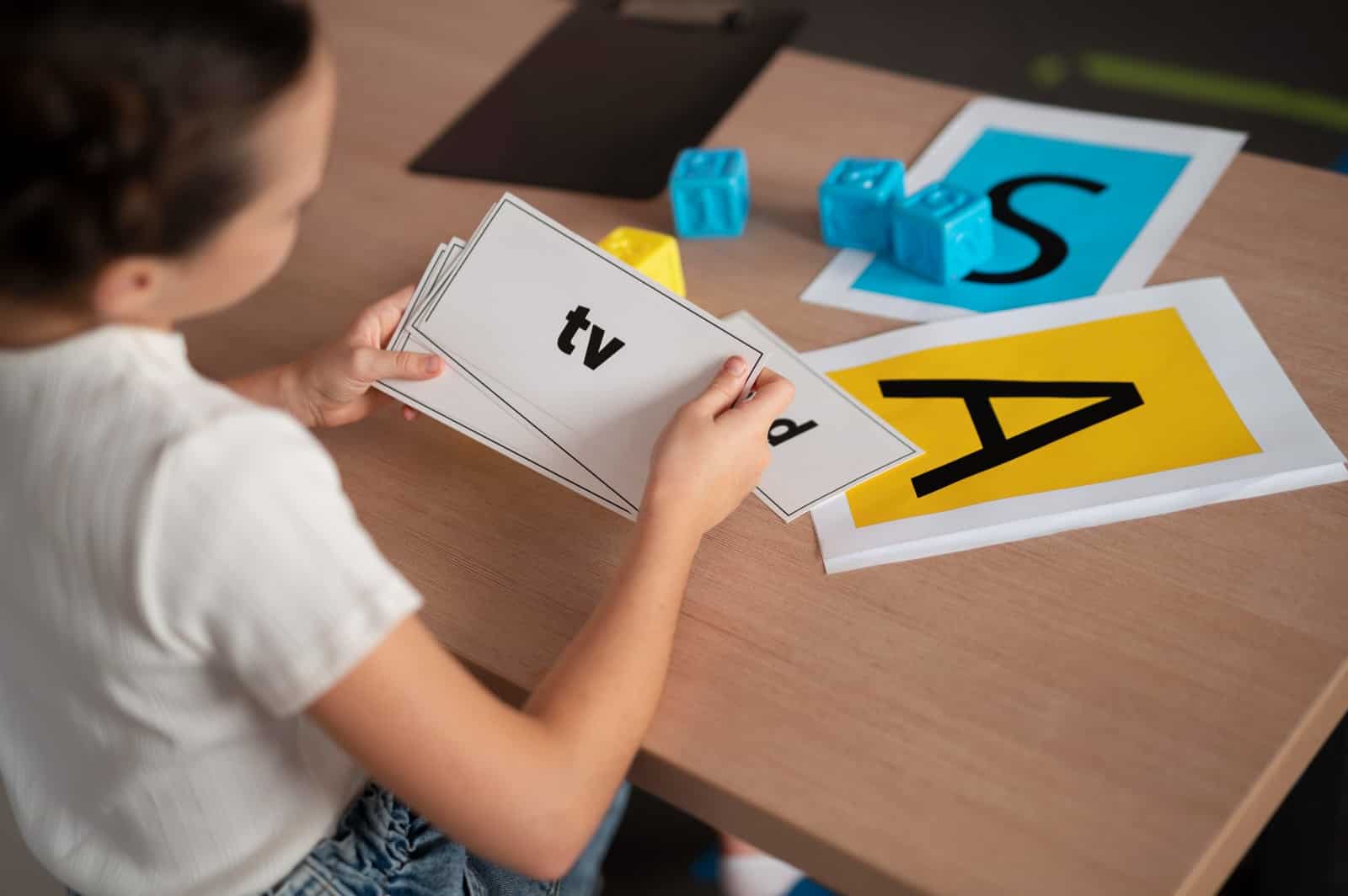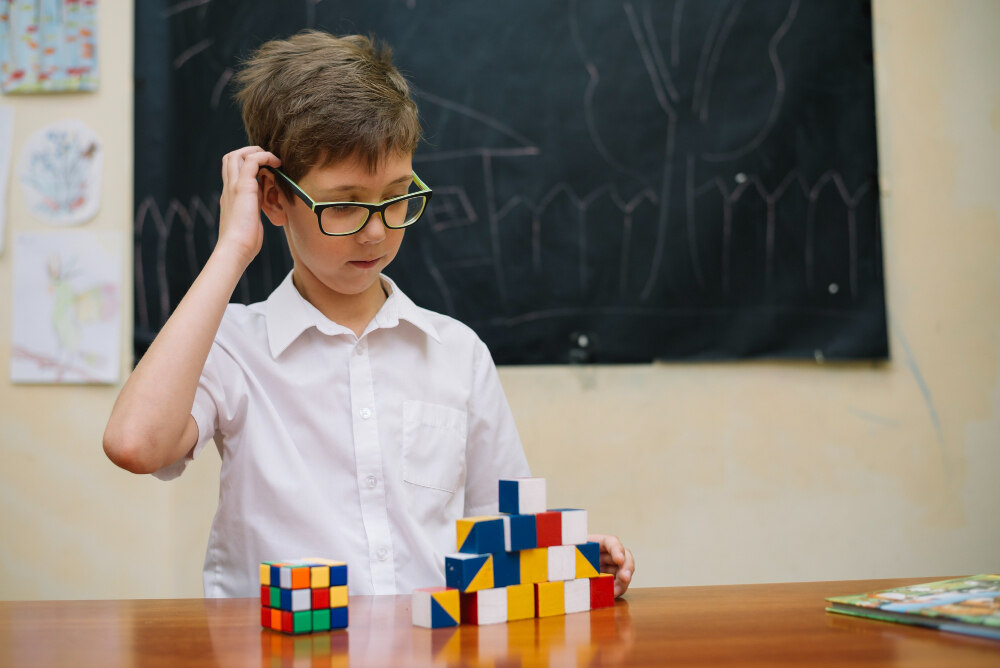We will explore the importance of play in early childhood education and provide you with inspiring activities and ideas to foster a playful learning environment for your preschoolers.
Play is a powerful tool for learning and development. It engages children’s imaginations, promotes problem-solving skills, and enhances social interactions. Here are some ideas to create a playful learning environment:
Sensory Play: Set up sensory bins with materials like sand, water, or rice. Add scoops, containers, and toys to encourage exploration and stimulate the senses.
Art and Craft Stations: Provide a variety of art materials like crayons, paints, and colored papers. Let children express their creativity through drawing, painting, and crafting.
Imaginative Play: Set up a dramatic play area with costumes, props, and pretend-play items. Encourage children to engage in role-playing, fostering imagination and language development.
STEM Exploration: Introduce simple STEM activities like building with blocks, sorting objects, or experimenting with magnets. These activities promote problem-solving, critical thinking, and early math and science concepts.
Outdoor Adventures: Take learning outside with nature walks, scavenger hunts, and gardening activities. Allow children to explore the natural world, fostering a love for nature and scientific curiosity.
Music and Movement: Encourage singing, dancing, and playing musical instruments. Music and movement activities enhance coordination, rhythm, and self-expression.
Remember, play should be child-led and open-ended, allowing children to explore and discover at their own pace. We at Universal Champ, best preschool in Indore provide a variety of materials and activities that cater to different interests and learning styles. Embrace the joy and creativity that play brings to the learning process.
Stay tuned for more exciting ideas and activities to create a playful learning environment in our upcoming blog posts!











